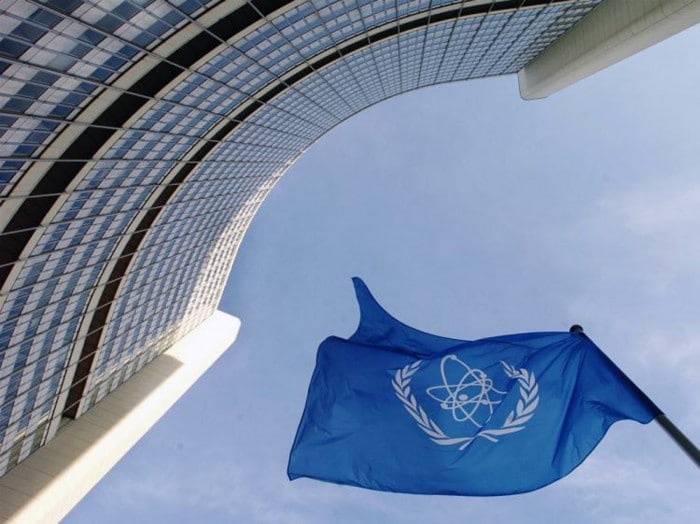“The lessons from Fukushima must not be forgotten”

Three years ago, as a result of the accident in Fukushima, the international community set a marker for the continuous improvement of nuclear safety with the issuing of the Vienna Declaration. The task now is the joint implementation of this commitment.
“The Vienna Declaration stands for a culture that is characterised by the concept of continuous improvement of nuclear safety,” sums up Hans Wanner, Director General of the Swiss Federal Nuclear Safety Inspectorate (ENSI) and Chairman of the Western European Nuclear Regulators Association WENRA. In particular, the declaration demands the periodic backfitting of existing nuclear power plants.
International implementation still unsatisfactory
The first conclusion two and a half years after the Vienna Declaration is sobering. While in Switzerland and in Europe such backfittings are already implemented as standard, concrete backfitting obligations or changes in the legislation have not occurred in any other countries outside Europe with the exception of Japan.
The Vienna Declaration
In February 2015, the international community adopted the Vienna Declaration on Nuclear Safety at a diplomatic conference in Vienna.
The aim of the declaration is that new nuclear power plants are constructed so that in the event of an accident, no long-term emergency protection measures are necessary and that existing nuclear power plants are as far as possible brought up to the safety level of new nuclear power plants. It is the sole international document to put this safety target on record.
The Vienna Declaration obliges the contracting states to report on their implementation at their respective international review meetings.
The convening of the Diplomatic Conference was decided upon in April 2014 at the Sixth Review Meeting of the Convention on Nuclear Safety after Switzerland submitted a proposal to supplement the Convention, taking into account the lessons of the Fukushima Daiichi accident.
A range of political commitments have been made during recent years in international negotiations, yet the safety objective of the Vienna Declaration has yet to be fully implemented outside Europe. Almost eight years after the Fukushima Daiichi accident, it appears that its lessons are starting to be forgotten at the international level.
ENSI Director General Hans Wanner regrets this development. “The Lessons from Fukushima must not be forgotten,” he emphasises. “We must take care to ensure that we also bring into being a uniformly high safety culture at the international level. This must be characterised by the continuous improvement of nuclear safety.”
IAEA should promote safety culture
The International Atomic Energy Agency IAEA has been reluctant to set concrete measures in motion for the global implementation of the Vienna Declaration. Yet the IAEA has a particularly important duty in this respect: “The IAEA can and should support its member states in implementing the Vienna Declaration” says Hans Wanner. “This way it can foster a culture commited to achieve a high level of nuclear safety.”
ENSI remains committed to a high level of nuclear safety
In Europe, various projects aimed at achieving a high level of internationally harmonised safety equirements for new and existing nuclear power plants are under way based on the implementation of the EU Directive on nuclear safety.
“In any event, Switzerland will continue to act at the international level both diplomatically and technically for the implementation of the targets given in the Vienna Declaration,” says Hans Wanner. The diplomatic commitment of Switzerland, to anchor this commitment internationally, is also an official part of Swiss foreign policy.

